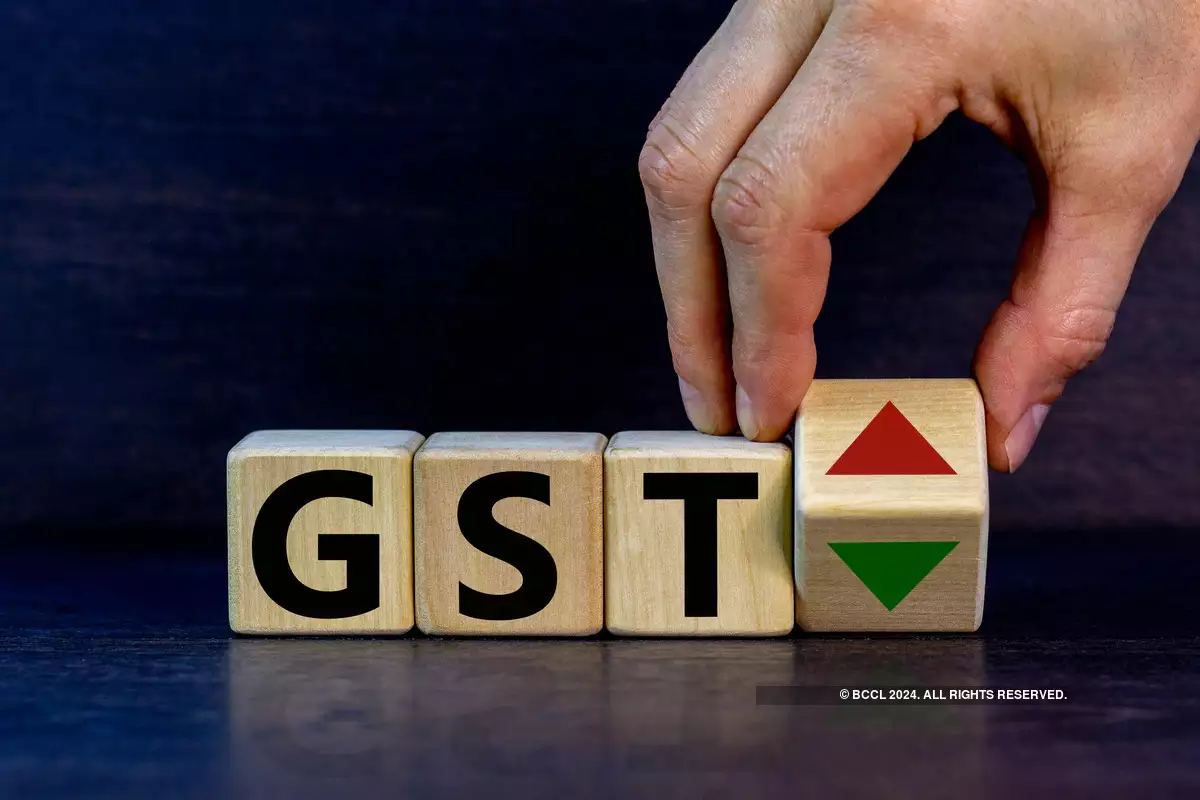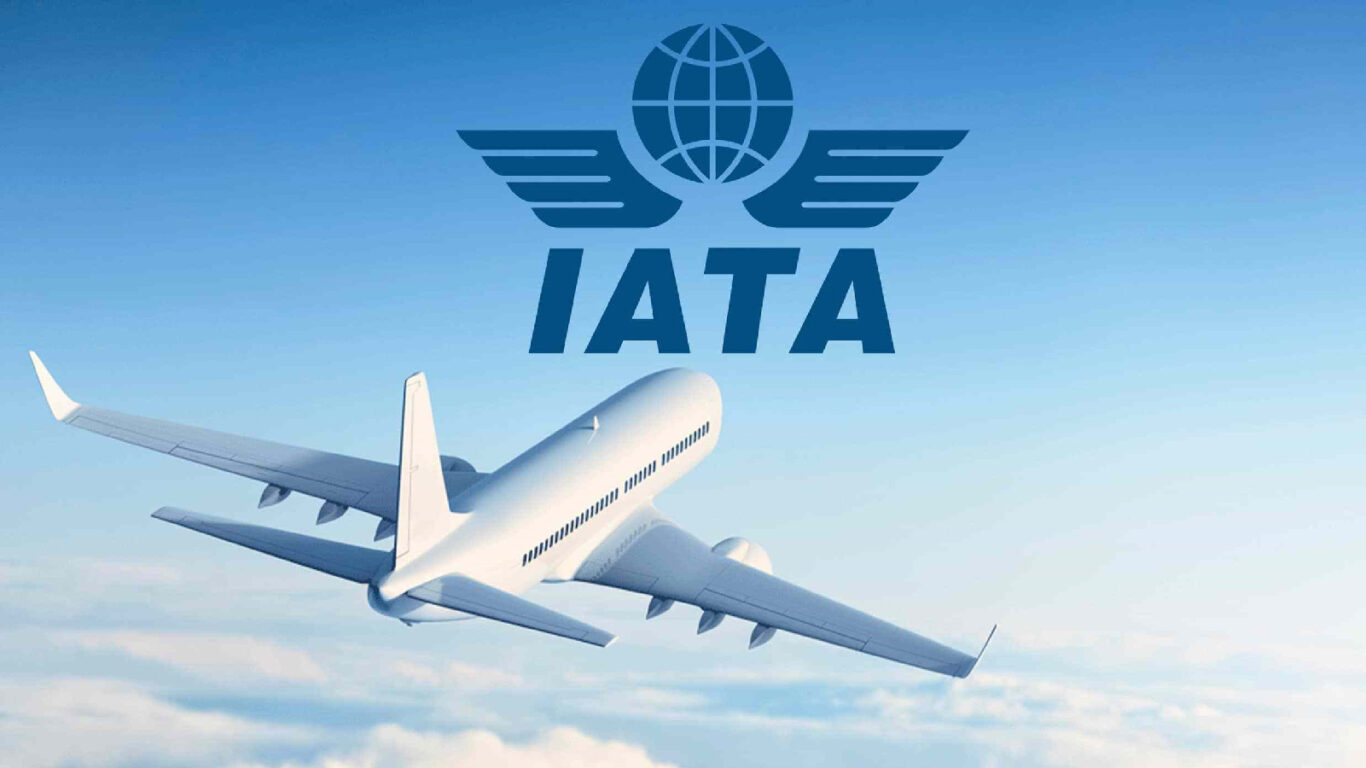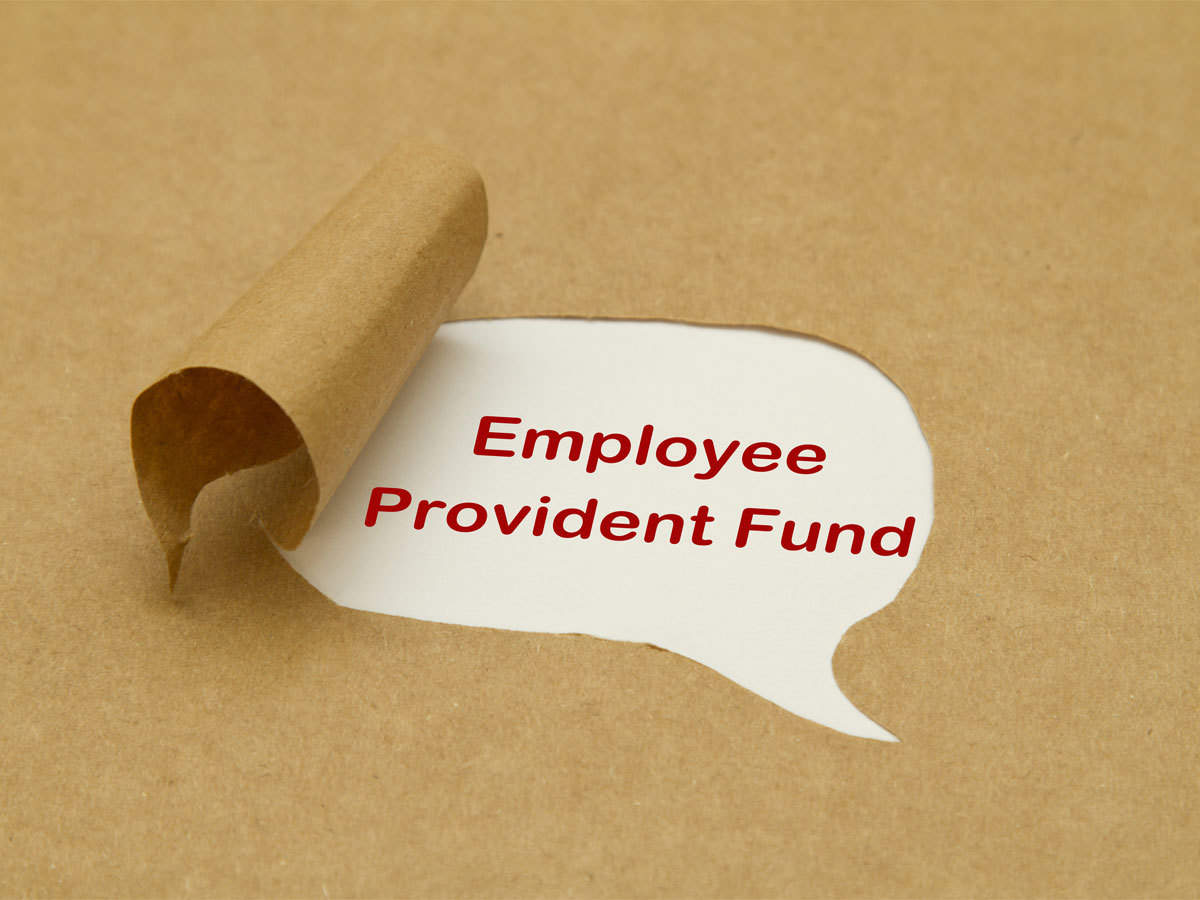GST Registration:
What is that?
GST Registration is the process by which businesses and individuals obtain a unique Goods and Services Tax identification number to collect and remit taxes to the government.
Eligibility
Any business or individual involved in the supply of goods or services and meeting the turnover threshold is eligible for GST Registration.
Documents required
- PAN card
- Address proof
- Bank details
- Business registration documents, depending on the entity type.

Process & Procedure
The process involves online application submission, verification by the GST authorities, and issuance of the GSTIN upon approval.
Common misconception/mistakes while applying
A common mistake is delaying the registration thinking it's only required for larger businesses. Even small businesses must register if their turnover exceeds the threshold.
IATA Registration:
What is that?
IATA Registration refers to the registration process with the International Air Transport Association, allowing travel agencies and airlines to issue and handle airline tickets.
Eligibility
Travel agencies, airlines, and other entities engaged in the travel industry are eligible for IATA Registration.
Documents required
- Proof of financial stability
- Business licenses
- Compliance with IATA regulations.

Process & Procedure
The process involves submitting an application, meeting IATA requirements, and undergoing an evaluation process by IATA.
Common misconception/mistakes while applying
A common mistake is assuming that IATA registration is solely for airlines. Travel agencies also benefit from IATA registration for ticket issuance.
APEDA Registration:
What is that?
APEDA Registration is the process by which businesses involved in the export of agricultural and processed food products obtain certification from the Agricultural and Processed Food Products Export Development Authority.
Eligibility
Businesses engaged in the export of specified agricultural products are eligible for APEDA Registration.
Documents required
- PAN card
- Constitution certificate
- Details of the products to be exported.

Process & Procedure
The process involves submission of the application to APEDA, inspection of the premises, and certification upon compliance.
Common misconception/mistakes while applying
A common mistake is neglecting APEDA Registration, assuming it's optional. It is mandatory for businesses engaged in the export of specified products.
IEC Code Registration:
What is that?
IEC Code Registration is the process of obtaining an Importer Exporter Code, a unique 10-digit number required for businesses engaged in international trade.
Eligibility
Any individual or entity involved in importing or exporting goods and services can apply for IEC Code Registration.
Documents required
- PAN card
- Bank details
- Address proof of the business entity.

Process & Procedure
The process involves online application submission to the Directorate General of Foreign Trade (DGFT) and verification of documents.
Common misconception/mistakes while applying
A common mistake is assuming that IEC is only required for large businesses. Even small businesses engaged in international trade need an IEC.
Spice Board Registration:
What is that?
Spice Board Registration is the process by which businesses involved in the production and export of spices obtain certification from the Spice Board of India.
Eligibility
Businesses engaged in the production or export of spices are eligible for Spice Board Registration.
Documents required
- PAN card
- Constitution certificate
- Details of the spices to be exported.

Process & Procedure
The process involves online application submission, scrutiny by the Spice Board, and certification upon compliance.
Common misconception/mistakes while applying
A common mistake is assuming that Spice Board Registration is only for large spice producers. Even smaller businesses engaged in spice export need this certification.
Startup India Registration:
What is that?
Startup India Registration is the process by which startups in India register with the Startup India initiative to avail various benefits and incentives.
Eligibility
Entities recognized as startups by the Department for Promotion of Industry and Internal Trade (DPIIT) are eligible for Startup India Registration.

Documents required
- A brief business plan, certificate of incorporation
- Proof of eligibility as a startup.
Process & Procedure
The process involves online application submission, verification of documents, and recognition as a startup by DPIIT.
Common misconception/mistakes while applying
A common mistake is assuming that only technology-focused businesses can register. Startups from various sectors can benefit from Startup India Registration.
PWD Registration:
What is that?
PWD Registration, or Public Works Department Registration, is the process by which contractors and businesses register with the PWD to participate in government construction projects.
Eligibility
Contractors and businesses involved in construction and infrastructure development are eligible for PWD Registration.

Documents required
- Proof of experience
- Financial stability
- Compliance with PWD requirements.
Process & Procedure
The process involves submission of the application to the PWD, scrutiny of documents, and approval for participation in government projects.
Common misconception/mistakes while applying
A common mistake is underestimating the importance of PWD Registration for government projects. It is essential for participating in tenders and contracts.
MTO Registration:
What is that?
MTO Registration, or Multimodal Transport Operator Registration, is the process by which businesses involved in multimodal transportation register with the Directorate General of Shipping.
Eligibility
Entities providing multimodal transportation services are eligible for MTO Registration.

Documents required
- Proof of financial stability, insurance
- Compliance with MTO regulations.
Process & Procedure
The process involves submission of the application to the Directorate General of Shipping, verification of documents, and issuance of MTO registration.
Common misconception/mistakes while applying
A common mistake is assuming that individual mode-specific registrations suffice. MTO Registration is crucial for businesses providing integrated transportation services.
PF Registration:
What is that?
PF Registration, or Provident Fund Registration, is the process by which businesses register with the Employees' Provident Fund Organization (EPFO) to provide provident fund benefits to employees.
Eligibility
Any business employing a specified number of employees is eligible for PF Registration.

Documents required
- Employee details
- PAN card
- Incorporation documents of the business.
Process & Procedure
The process involves online application submission to EPFO, verification of documents, and issuance of PF registration.
Common misconception/mistakes while applying
A common mistake is assuming that only large businesses need PF Registration. It is mandatory for businesses employing the specified number of employees.
ESIC Registration:
What is that?
ESIC Registration, or Employees' State Insurance Corporation Registration, is the process by which businesses register to provide health and social security benefits to employees.
Eligibility
Businesses employing a specified number of employees are eligible for ESIC Registration.

Documents required
- Employee details
- PAN card
- Incorporation documents of the business.
Process & Procedure
The process involves online application submission to ESIC, verification of documents, and issuance of ESIC registration.
Common misconception/mistakes while applying
A common mistake is assuming that only larger businesses need ESIC Registration. It is mandatory for businesses employing the specified number of employees.
NSIC Registration:
What is that?
NSIC Registration, or National Small Industries Corporation Registration, is the process by which small businesses obtain recognition to participate in government tenders and benefit from various support schemes.
Eligibility
Micro and small enterprises engaged in manufacturing or providing services are eligible for NSIC Registration.
Documents required
- Proof of enterprise status
- PAN card
- Business registration documents.

Process & Procedure
The process involves online application submission, verification by NSIC authorities, and issuance of the NSIC Registration certificate.
Common misconception/mistakes while applying
A common mistake is assuming that NSIC Registration is only for manufacturing units. Service-based micro and small enterprises are also eligible.
NSIC Renewal:
What is that?
NSIC Renewal is the process by which businesses with existing NSIC Registration extend the validity of their recognition.
Eligibility
Businesses previously registered with NSIC can apply for renewal to continue enjoying benefits.

Documents required
- Business details
- Financial statements
- Compliance with NSIC criteria.
Process & Procedure
The process involves submitting a renewal application, verification by NSIC authorities, and issuance of the renewed certificate.
Common misconception/mistakes while applying
A common mistake is delaying the renewal, assuming that the benefits continue without an active NSIC Registration. Renewal is crucial for uninterrupted advantages.
Cancel GST Registration:
What is that?
Cancel GST Registration is the process by which businesses voluntarily or mandatorily terminate their Goods and Services Tax registration.
Eligibility
Any business entity registered under GST can apply for cancellation under specific circumstances.
Documents required
- A request for cancellation
- Financial statements
- Compliance with GST rules.

Process & Procedure
The process involves online application submission, verification by GST authorities, and issuance of the cancellation order.
Common misconception/mistakes while applying
A common mistake is assuming that merely discontinuing business activities cancels GST Registration. A formal application is necessary to avoid penalties.
12A & 80G Registration:
What is that?
12A & 80G Registration refers to the registration obtained by charitable organizations in India to avail tax exemptions on their income and donations.
Eligibility
Charitable trusts and NGOs engaged in social welfare activities are eligible for 12A & 80G Registration.

Documents required
- Trust deed
- Financial statements
- Details of welfare activities.
Process & Procedure
The process involves submitting an application to the Income Tax Department, scrutiny of documents, and issuance of registration.
Common misconception/mistakes while applying
A common mistake is assuming that all charitable organizations automatically qualify. Meeting specific criteria is essential for obtaining 12A & 80G Registration.
FSSAI License:
What is that?
FSSAI License, or Food Safety and Standards Authority of India License, is the certification obtained by food businesses to ensure compliance with food safety standards.
Eligibility
Any entity involved in food manufacturing, processing, packaging, or distribution is eligible for FSSAI License.

Documents required
- Identity proofs
- Details of the food business
- Layout plan of the premises.
Process & Procedure
The process involves online application submission, inspection by FSSAI authorities, and issuance of the FSSAI License.
Common misconception/mistakes while applying
A common mistake is neglecting the importance of FSSAI License for small food businesses. It is mandatory for ensuring food safety.
RPSL License:
What is that?
RPSL License, or Recruitment and Placement Services License, is the license obtained by companies in India engaged in recruiting and placing Indian seafarers on ships.
Eligibility
Companies involved in overseas recruitment of Indian seafarers are eligible for RPSL License.

Documents required
- Proof of financial stability
- Details of recruitment activities
- Compliance with Directorate General of Shipping guidelines.
Process & Procedure
The process involves online application submission to the Directorate General of Shipping, verification, and issuance of the RPSL License.
Common misconception/mistakes while applying
A common mistake is assuming that general recruitment licenses suffice for maritime recruitment. RPSL License is specific to the maritime sector.
Overseas Recruitment Agent License:
What is that?
Overseas Recruitment Agent License is the license obtained by agencies in India engaged in recruiting workers for employment overseas.
Eligibility
Agencies involved in overseas recruitment of Indian workers are eligible for this license.
Documents required
- Financial documents
- A bond
- Compliance with the Protector General of Emigrants guidelines.

Process & Procedure
The process involves submitting an application to the Protector General of Emigrants, verification, and issuance of the Overseas Recruitment Agent License.
Common misconception/mistakes while applying
A common mistake is assuming that standard employment agency licenses cover overseas recruitment. Specific licensing is necessary for recruiting workers for foreign employment.
Cosmetic License:
What is that?
Cosmetic License is the authorization obtained by businesses in India involved in the manufacture and sale of cosmetics, ensuring compliance with safety and quality standards.
Eligibility
Businesses engaged in cosmetic manufacturing and distribution are eligible for Cosmetic License.

Documents required
- Product formula
- Manufacturing details
- Safety assessment reports.
Process & Procedure
The process involves submission of the application to the Central Drugs Standard Control Organization, scrutiny, and issuance of the Cosmetic License.
Common misconception/mistakes while applying
A common mistake is assuming that cosmetic products can be sold without specific licensing. Cosmetic License is mandatory for ensuring product safety.
Direct Selling License:
What is that?
Direct Selling License is the approval obtained by businesses engaged in direct selling or multi-level marketing, ensuring legal compliance and consumer protection.
Eligibility
Companies operating in the direct selling industry are eligible for Direct Selling License.

Documents required
- Business model
- Compensation plan
- Details of products or services.
Process & Procedure
The process involves submitting an application to the concerned regulatory authorities, scrutiny, and issuance of the Direct Selling License.
Common misconception/mistakes while applying
A common mistake is assuming that general business licenses cover direct selling activities. A specific Direct Selling License is essential for legal compliance.
Drug License:
What is that?
Drug License is the authorization obtained by businesses involved in the manufacture, distribution, and sale of pharmaceutical products, ensuring compliance with quality and safety standards.
Eligibility
Pharmaceutical companies and businesses engaged in drug distribution are eligible for Drug License.

Documents required
- Proof of premises
- Manufacturing details
- Compliance with drug regulations.
Process & Procedure
The process involves submission of the application to the Drug Control Department, inspection, and issuance of the Drug License.
Common misconception/mistakes while applying
A common mistake is assuming that general business licenses cover pharmaceuticals. Specific Drug License is essential for ensuring drug safety and quality.
CDSCO License:
What is that?
CDSCO License, or Central Drugs Standard Control Organization License, is the authorization obtained by businesses involved in the import and distribution of medical devices and cosmetics.
Eligibility
Entities engaged in the import and distribution of medical devices and cosmetics are eligible for CDSCO License.

Documents required
- Proof of premises
- Product details
- Compliance with CDSCO regulations.
Process & Procedure
The process involves submission of the application to the Central Drugs Standard Control Organization, scrutiny, and issuance of the CDSCO License.
Common misconception/mistakes while applying
A common mistake is assuming that general business licenses cover medical devices and cosmetics. CDSCO License is specific to these regulated products.
Foreign Employer License:
What is that?
Foreign Employer License is the authorization obtained by foreign companies or entities intending to employ workers in India, ensuring compliance with Indian labor laws.
Eligibility
Foreign entities planning to employ workers in India are eligible for the Foreign Employer License.

Documents required
- Proof of incorporation
- Details of employment,
- Compliance with Indian labor regulations.
Process & Procedure
The process involves submitting the application to the Ministry of Labor and Employment, verification, and issuance of the Foreign Employer License.
Common misconception/mistakes while applying
A common mistake is assuming that standard business licenses cover foreign employment. Specific licensing is necessary to comply with Indian labor laws.
Copyright © 2025 Aj Accounting Group All rights reserved